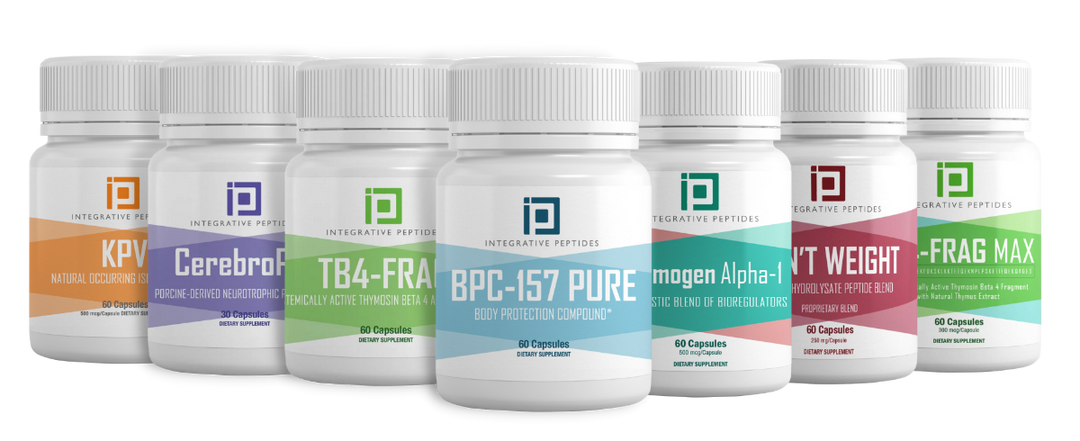The gut is another area where KPV is showing significant promise. The gut's barrier function is critical for overall health, preventing the entry of harmful substances into the bloodstream. KPV's ability to strengthen this barrier, coupled with its anti-inflammatory properties, suggests it could be beneficial for individuals with conditions like leaky gut syndrome and other intestinal permeability issues. Moreover, its role in modulating the immune system could provide relief for autoimmune conditions associated with gut health, such as Crohn's disease and ulcerative colitis.
## Neuroprotective Effects Emerging research is also exploring KPV's potential neuroprotective effects. Inflammation plays a critical role in various neurodegenerative diseases, and the anti-inflammatory properties of KPV could offer new pathways for treatment. While this area of research is still in its infancy, the potential for KPV to contribute to the management of conditions like Alzheimer's disease and Parkinson's disease offers a glimmer of hope. ## Potential for Weight Management KPV's ability to regulate inflammation and impact the immune system may also have implications for weight management. Obesity is often associated with chronic inflammation, and by potentially mitigating these inflammatory responses, KPV may help address one of the underlying issues contributing to weight gain. This aspect of KPV's benefits is still under investigation but represents another promising avenue for its application. ## Safety and Side Effects As with any supplement, understanding the safety profile and potential side effects of KPV is crucial. Current data suggests that KPV is generally well-tolerated, with minimal side effects reported. However, individuals considering KPV should consult with a healthcare professional to ensure it is appropriate for their specific health situation. ## Conclusion Integrative Peptides KPV represents a fascinating area of research in the realm of health and wellness. Its unique properties and diverse potential applications—from skin health to neuroprotection—underscore its potential as a significant tool in the integrative health toolkit. As research continues to unfold, the future looks bright for KPV and its role in supporting human health across multiple domains.
Integrative Peptides KPV (Kyprolis-Proline-Valine) is becoming increasingly popular in the world of health and wellness, offering a myriad of potential benefits. This tripeptide, consisting of Lysine, Proline, and Valine, is derived from the larger hormone alpha-MSH and is recognized for its anti-inflammatory and immunomodulatory effects. As research progresses, KPV is showing promise in various areas, from skin health to gut integrity, making it a subject of great interest for both scientists and practitioners in the field of integrative health.
## Understanding KPV and Its Mechanism of Action
KPV is not just another peptide on the block; its unique composition and mode of action set it apart. It acts primarily by modulating inflammatory responses and has been shown to play a role in the body's immune system regulation. Its potential to mitigate inflammation without completely suppressing the immune system is a key aspect of its therapeutic profile.
## Skin Health and Integrity
One of the most noted benefits of KPV is its positive impact on skin health. As an anti-inflammatory agent, KPV can potentially reduce skin inflammation, making it a useful adjunct in treating conditions like eczema, psoriasis, and other dermatological issues. Its capacity to promote healing and regeneration also suggests it could help with skin restoration, improving both appearance and integrity.
### Gut Health and Barrier Function




Leave a comment